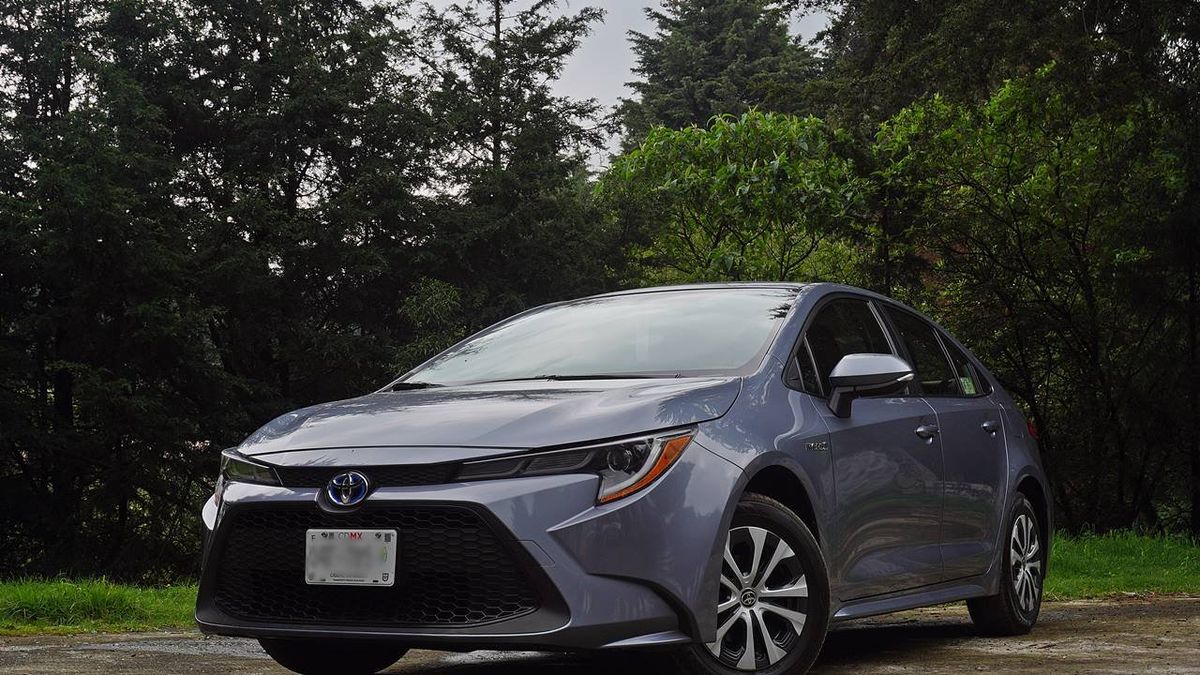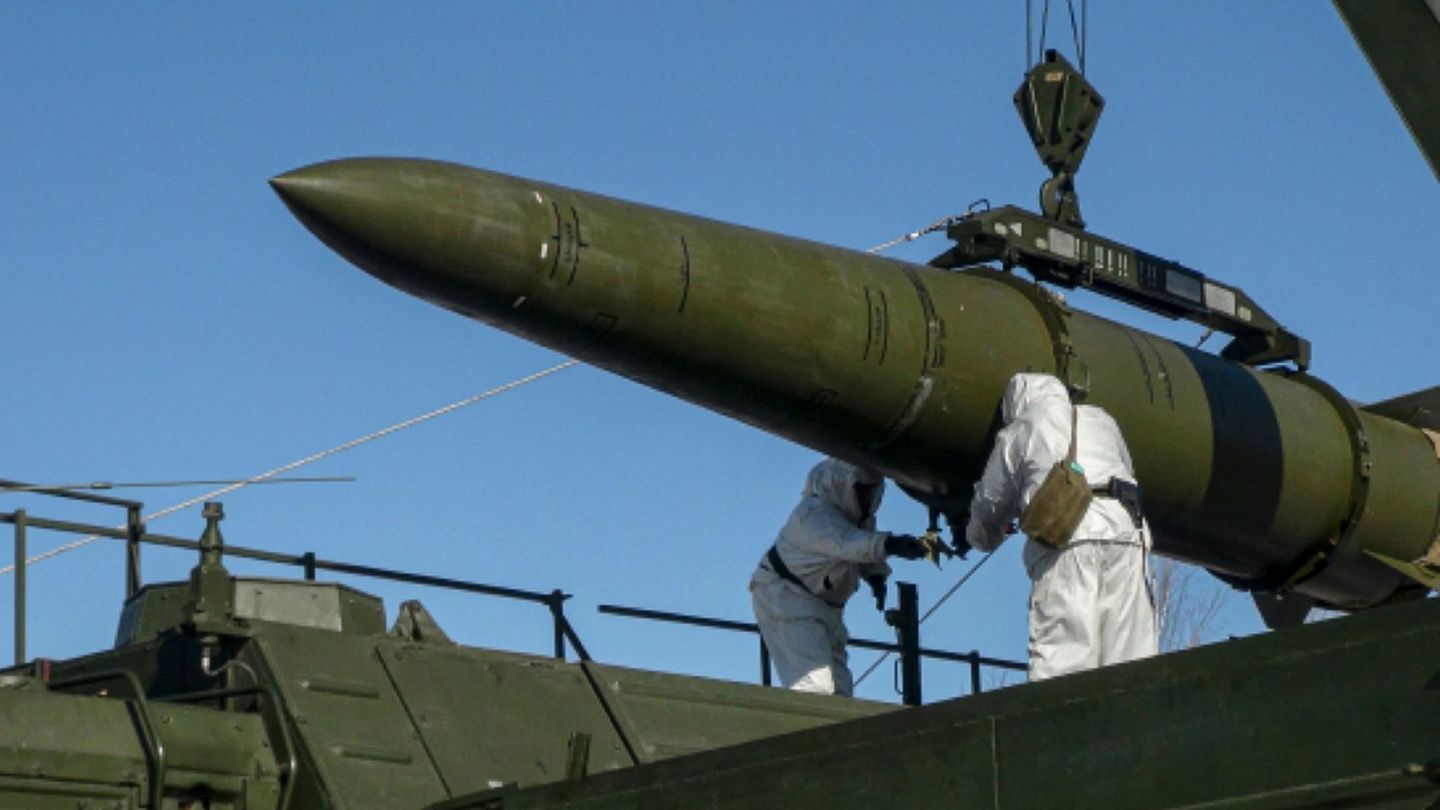In the midst of the problems to access dollars to import, the automotive They add another complication due to the delay in signing a decree that has stopped the entry of foreign vehicles.
This is the renewal of the quota to import 0 km hybrid and electric that establishes incentives for this type of “ecological” modelsin the context of a policy that collaborates with the improvement of the environment.
The norm that enabled the importation of these models has been broken since mid-March and, for this reason, today the entry of these units into the country is paralyzed.
The decree that was voided more than two months ago established a tariff benefit for cars that have less polluting engines.
Hybrid models have the advantage of paying a 5% customs duty, while electric models only pay 2%, when the normal tax is 35%.
Meanwhile, vehicles that are assembled in the country are exempt from this tax for the entry of components.
Since this benefit has ceased to apply due to the expiration of the decree that established it, if an automaker wants to import one of these vehicles today, it must face the total tax cost. In practice, no company is going to nationalize cars under these higher cost conditions when a new decree is expected to extend the tax benefit.
As this medium learned, the new decree is following the bureaucratic process for its promulgation. The problem is that the delay in its publication has blocked operations.
Sources from the automotive sector indicated that he would be in the Legal and Technical area for his firm.
The renewal would be for a period of 12 months and for a quota of about 1,400 units.
In principle, this system would have to be incorporated into the Electromobility Law, which, at this point, would have to have been sanctioned by Congress.
However, there are so many differences between the parties involved in this matter that there is no consensus for a common project.
The incentive for this type of vehicle was initially established in 2017, with the purpose of promoting these new non-polluting technologies and attracting investment.
Later, it was decided to include it within a more global legislation for the sector. During the management of former minister Matías Kulfas, a bill was drawn up that was forgotten.
The terminals grouped in ADEFA have their own project, different from the one promoted by the former official. Two months ago, the current government announced that it would send a new initiative, but the political weakness of the current management makes it unthinkable for it to be discussed in the coming months.
That is why the decree in question acquires so much importance because it is the way to keep the incentives in force.
Since 2017, more than 5,000 vehicles of this type entered. Although it is an incipient number, the demand is greater but it is limited by the quota system, the lack of infrastructure and the problem due to the lack of dollars to import.
In the companies they say that it is difficult to develop infrastructure and attract investment if there is no market and that for this reason imports must continue to be stimulated.
Behind all this issue there are also different interests. These range from the bid between the traditional automotive companies with the Chinese companies (the latter would seek to be allowed to function as armories without the integration of local parties), the provincial lobbies that seek to defend their natural resources to favor certain technologies (those that have lithium, oil, gas or sugar cane) and also oil or electricity companies that do not want to go out of business.
Source: Ambito




